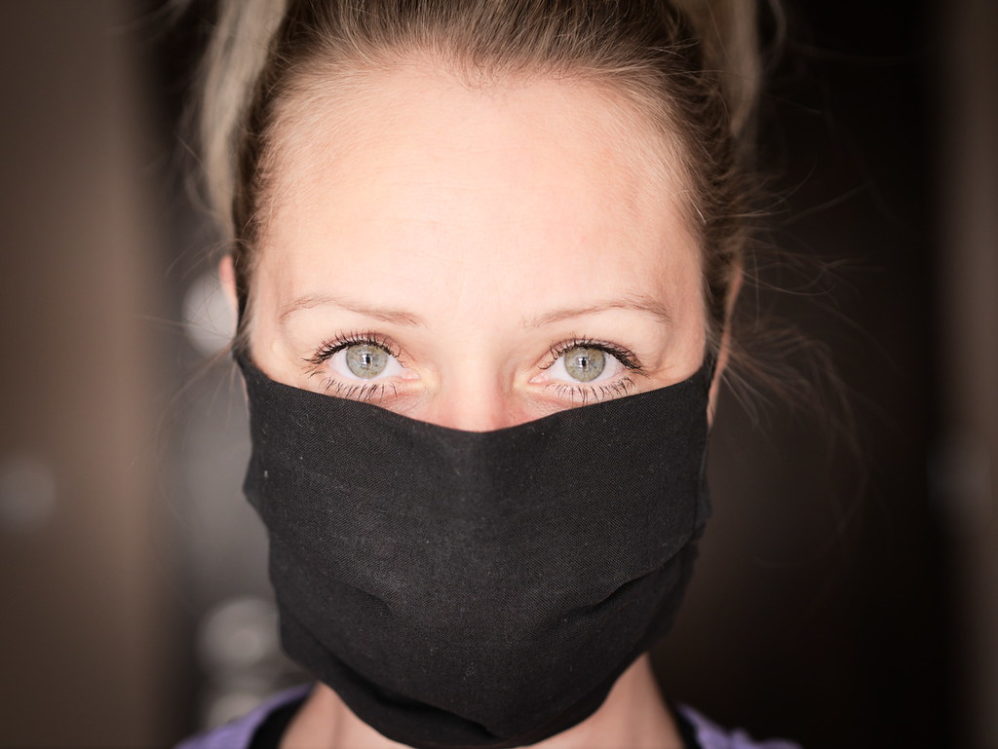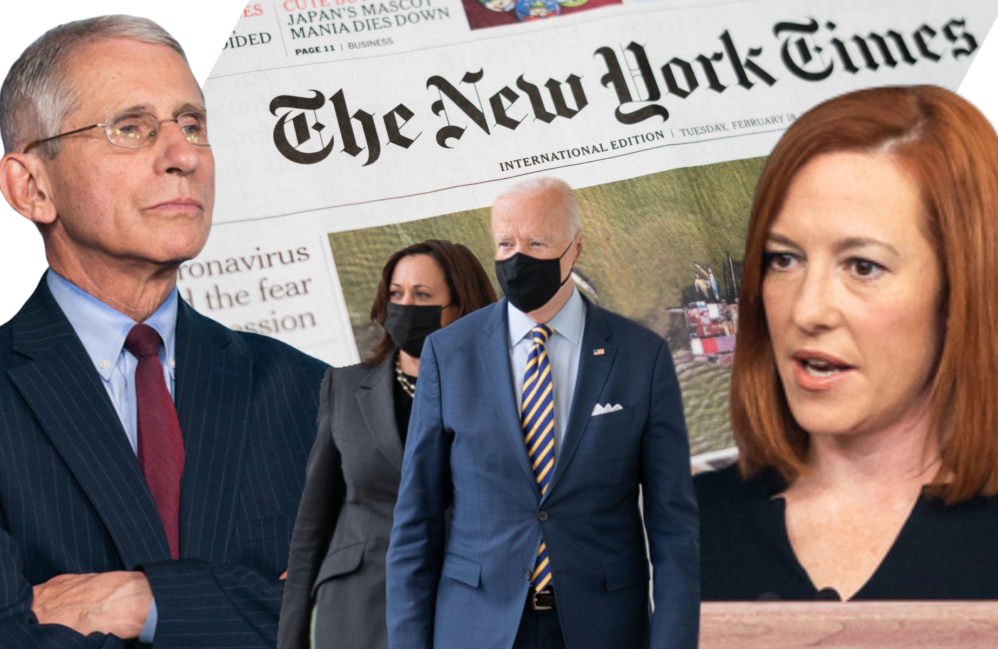“The moral of coronavirus19 will be that social contagion via social networks is more dangerous than biological contagion.” March 17, 2020
I tweeted the quote above a little more than a year ago, and pinned it. I thought I was stating the obvious. At that point, mass hysteria was already in overdrive, and anyone with even an inkling that the biggest dangers to society are the irrational actions of crowds should have understood my point.
Instead, I was pilloried for it. How could there any effects be worse than that of coronavirus? Why do you care about the economy more than lives? And on and on.
March of 2020 will be looked back on as the Great Mass Delusion. By early March, a “mass decision” had been made that COVID-19 was super-dangerous and unlike anything we’ve seen before. It wreaked havoc on the ability of anyone within the mass delusion to think rationally.
Common sense was gone. COVID panic shifted the burden of evidence such that (i) normal baselines about a cold virus now had to be proven to an unreasonably high standard, (ii) numerous hypotheses about COVID being especially bad in some respect required no serious evidence to support them, and (iii) civil-rights-violating interventions, even if explicitly not recommended prior to 2020, suddenly became common-sense measures that would be so effective we could use them as a pandemic control dial. --->READ MORE HEREAmericans Are Irrationally Afraid Of COVID Because The Ruling Class Has Demonized Risk:
“Why do so many vaccinated people remain fearful?” David Leonhardt asks with a straight face in Monday’s New York Times morning newsletter about “Irrational Covid Fears.”
Leonhardt opens with a story about judge and Yale University law professor Guido Calabresi, who for 30 years has been telling his students a tale he crafted about a god who came to society to propose an invention that would make their lives better in nearly every way. It would afford them extra quality time with loved ones and enable them to see sights and perform tasks they wouldn’t otherwise be able to do.
The cost? The god would select 1,000 young people to strike dead.
The professor would then pose the question to his students: Would you take the deal? The students’ answer would almost always be no. “What’s the difference between this and the automobile?” Calabresi would ask, revealing the moral of the story.
Leonhardt concludes in the Times that we accept the cost of automobile fatalities because it has always been an aspect of our lives. A world without cars and thus the risks they carry is a world we really just can’t imagine for ourselves. Our comfortability with vehicles, Leonhardt says, is an example of human irrationality when calculating risks. While people tend to focus on minuscule risks such as airplane crashes or shark attacks, we gloss over much riskier activities such as driving. --->READ MORE HEREFollow links below to related stories and resources:
Vaccine-Hesitant Americans Aren’t Ignorant Rubes, They’re Understandably Cautious
Coronavirus may infect lungs via the gums and not airways, new study finds
USA TODAY: Coronavirus Updates
WSJ: Coronavirus Live Updates
YAHOO NEWS: Coronavirus Live Updates
NEW YORK POST: Coronavirus The Latest
If you like what you see, please "Like" us on Facebook either here or here. Please follow us on Twitter here.



No comments:
Post a Comment